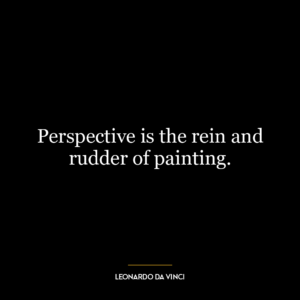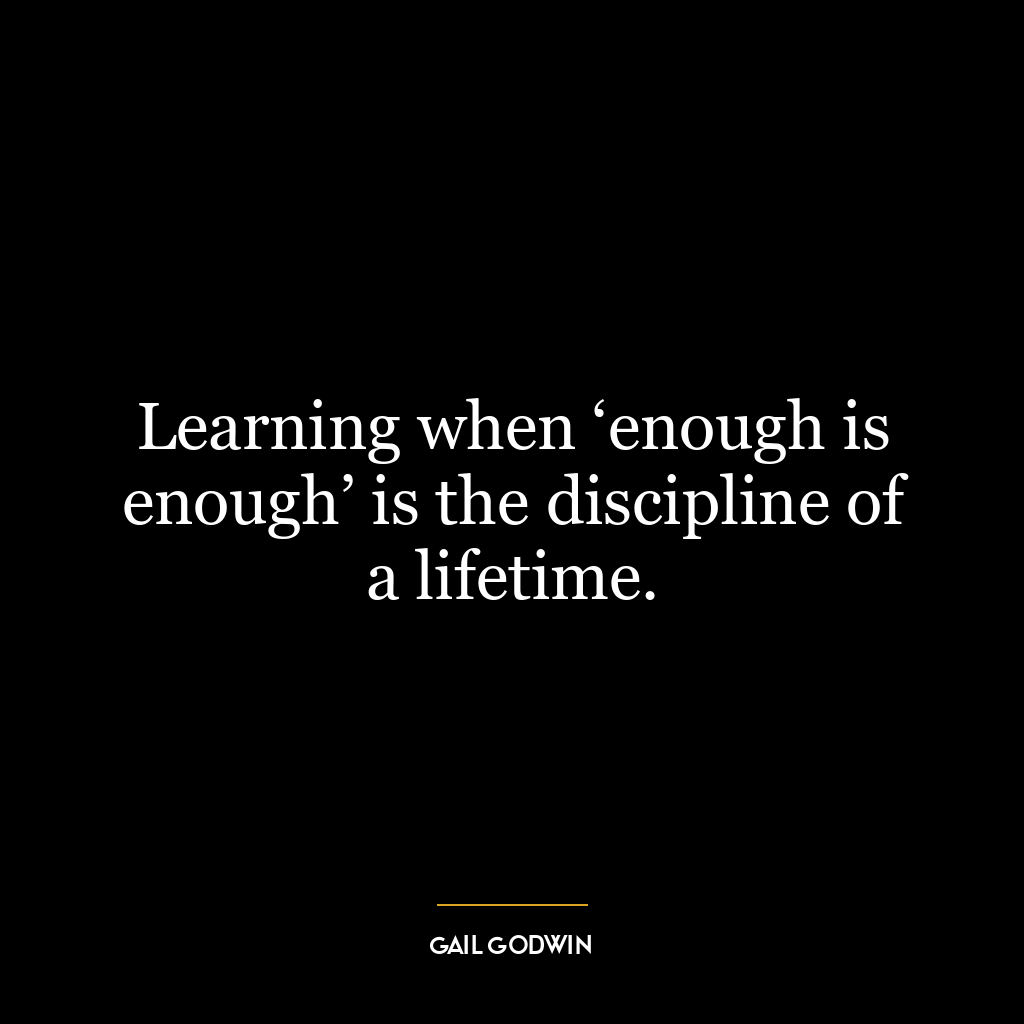If we make mistakes in our first compositions and do not know them, we may not amend them.
This quote emphasizes the importance of recognizing and learning from our mistakes, particularly in the realm of creative or intellectual endeavors. If we’re not aware of the errors in our initial attempts, we won’t be able to correct them. This is a call for self-awareness and critical reflection in our work.
The first part of the quote, "If we make mistakes in our first compositions," refers to the inevitable errors we make when we first try something new. Here, "compositions" can be understood broadly as any creative or intellectual output, be it a painting, a business plan, a scientific hypothesis, or even a personal habit or behavior.
The second part, "and do not know them," highlights the danger of being unaware of our own mistakes. If we don’t recognize our errors, we can’t learn from them. We might even repeat them, leading to stagnation instead of growth.
The final part, "we may not amend them," underscores the consequences of this lack of self-awareness. Without recognizing and understanding our mistakes, we can’t correct them or improve upon them. This is a barrier to progress and self-improvement.
Applying this idea to today’s world, we can see the importance of feedback and self-reflection in any field. For example, in a business context, companies often use customer feedback and data analysis to identify and correct mistakes or inefficiencies. In an educational context, students learn through feedback from teachers and peers, as well as through self-assessment.
For personal development, this quote suggests the importance of self-awareness, humility, and a commitment to continuous learning. We need to be open to recognizing our own mistakes and learning from them. This might involve seeking feedback from others, reflecting on our actions and their outcomes, and being willing to make changes based on what we learn. This process of self-improvement is ongoing and iterative, just like the process of refining a composition.















